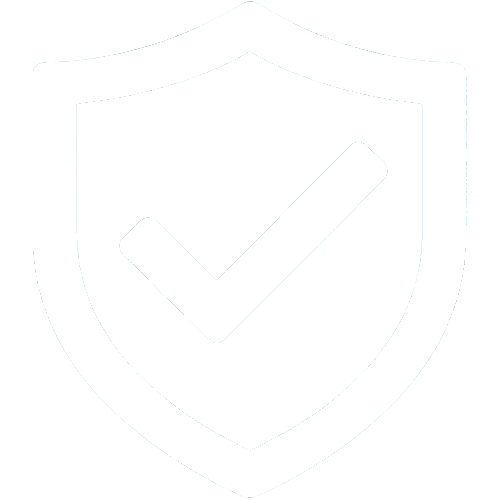What Does an LMS Stand For? A Simple Guide for Certifiers
You’re probably wondering, what does an LMS stand for? It’s a common question for anyone exploring online learning or professional certification. LMS stands for Learning Management System. It’s a software platform designed to deliver, manage, and track educational content — typically online. In short: An LMS helps you create, organize, deliver, and track training or certification programs, all in one place. Understanding what…




